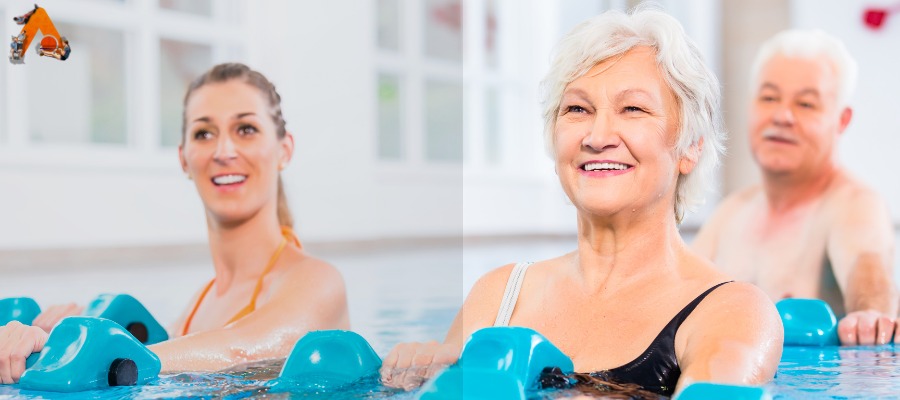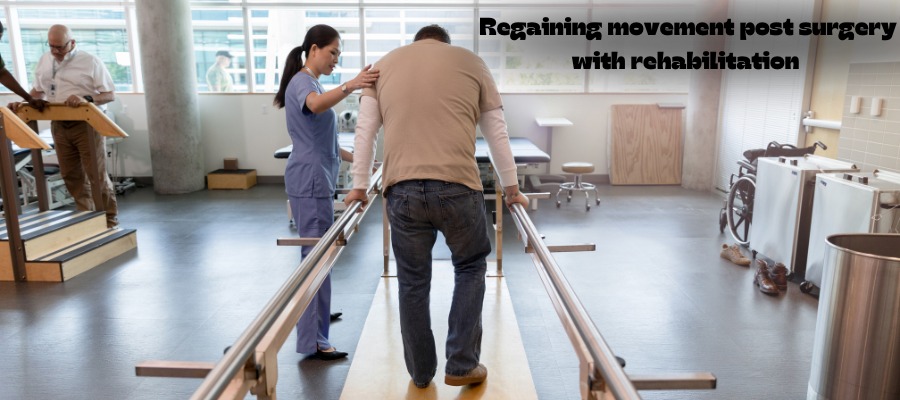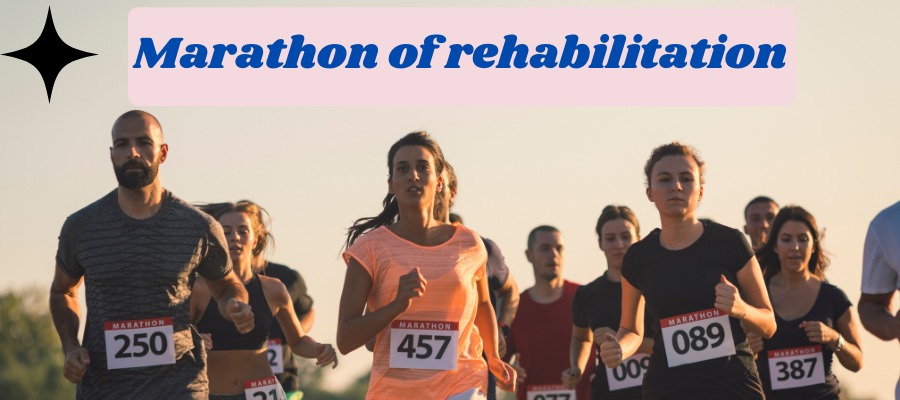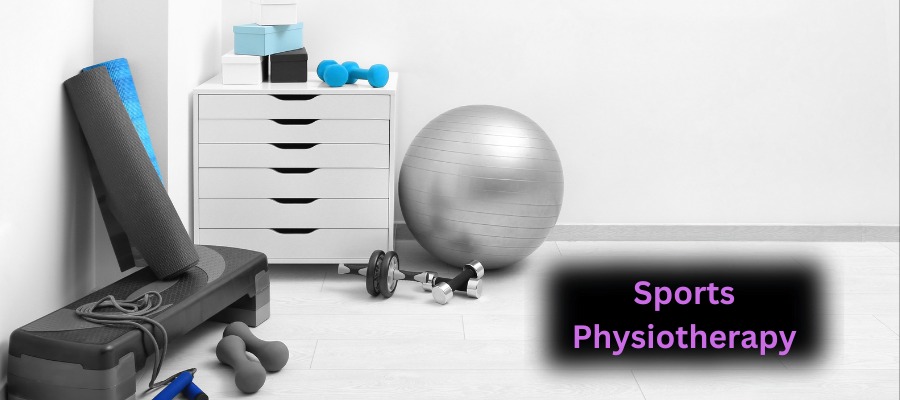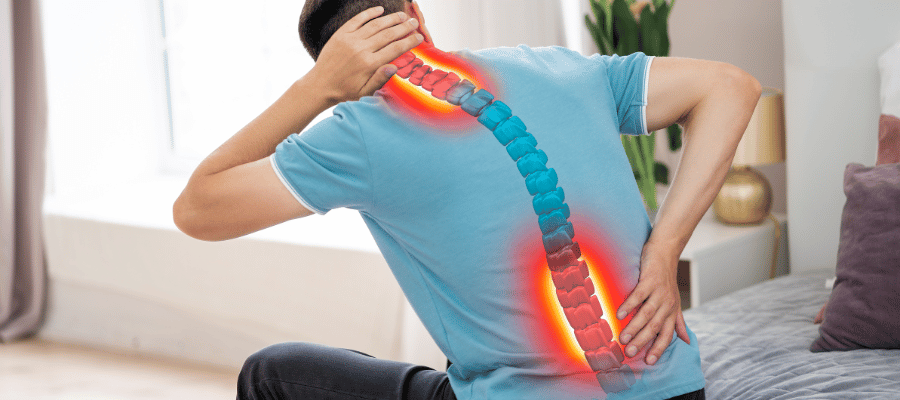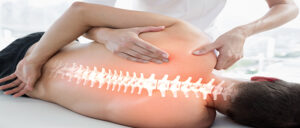A Deep Dive into Sports Physiotherapy Practice
Table Of Contents
Introduction
Biomechanics and Movement Analysis
Injury Assessment and Diagnosis
Treatment Modalities and Techniques
Return to Play Protocols
Psychosocial Considerations
Special Considerations for Specific Sports and Athlete Populations
Emerging Trends and Technologies
Conclusion
Introduction
Sports physiotherapy plays a crucial role in helping athletes recover and return to their sports with enhanced performance and reduced injury risk. At Arunalaya Healthcare, we bring the latest advancements in sports physiotherapy to Delhi, offering services like physiotherapy for home visits in Patel Nagar, Pitampura, Inderpuri, Punjabi Bagh, and more. Our sports rehab center in Patel Nagar is dedicated to providing advanced physiotherapy tailored to the unique needs of athletes.
Biomechanics and Movement Analysis
Understanding the intricacies of biomechanics is fundamental in sports physiotherapy. This involves a detailed study of joint mechanics, including range of motion, joint stability, and load distribution during movement.
Advanced techniques like three-dimensional motion analysis, utilizing both marker-based and markerless systems, allow us to precisely quantify movement patterns. Electromyography (EMG) helps assess muscle activation levels and timing during functional tasks and sport-specific movements. Additionally, force plate technology is used to measure ground reaction forces, assess balance, and identify asymmetries in weight distribution. These tools provide a comprehensive understanding of an athlete’s movement, helping to tailor interventions that enhance performance and prevent injuries.
Injury Assessment and Diagnosis
Accurate assessment and diagnosis are critical in sports physiotherapy. This begins with a thorough subjective history-taking, where detailed questions about the onset of symptoms, aggravating and alleviating factors, and previous treatments are explored. This is followed by systematic objective assessments, incorporating a wide range of orthopedic tests, special tests, and functional movement assessments to identify specific impairments and dysfunctions.
Imaging studies like X-rays, MRI, ultrasound, and CT scans are interpreted to confirm diagnoses and assess the extent of tissue damage. Specialized tools, such as the Beighton score for hypermobility and the Ottawa ankle rules for acute ankle injuries, are also utilized to aid in diagnosis, ensuring that each athlete receives a personalized treatment plan.
Treatment Modalities and Techniques
Techniques like high-velocity low-amplitude (HVLA) thrust manipulation, muscle energy techniques, and Mulligan mobilizations are tailored to the athlete’s specific needs.
Our therapeutic exercise programs emphasize functional movement patterns, neuromuscular control, and sport-specific skills. We incorporate principles of periodization and progressive overload to ensure that athletes not only recover but also improve their performance. Adjunct modalities such as extracorporeal shockwave therapy (ESWT), dry needling, and cupping therapy are also integrated to enhance recovery outcomes.
Return to Play Protocols
At our physiotherapy center in Delhi, we develop individualized rehabilitation plans based on the athlete’s injury, functional deficits, sport-specific demands, and goals. Evidence-based criteria are used to determine readiness to return to sport, including objective measures of strength, flexibility, proprioception, and sport-specific skills.
The rehabilitation process is gradual, with a focus on restoring tissue integrity, functional capacity, and sport-specific performance while minimizing the risk of re-injury. Collaboration with coaches and athletic trainers is essential, as it allows us to integrate rehabilitation exercises into sport-specific training sessions and simulate game-like scenarios to assess readiness for competition.
Psychosocial Considerations
The psychological impact of sports injuries is significant and often underappreciated. At Arunalaya Healthcare, we implement motivational interviewing techniques to assess athlete readiness for change, enhance motivation, and promote adherence to rehabilitation programs.
We also develop personalized goal-setting strategies that align with the athlete’s values, aspirations, and timeline for return to sport. Cultivating a supportive therapeutic relationship built on trust, empathy, and effective communication is crucial to empowering athletes in their recovery journey.
Special Considerations for Specific Sports and Athlete Populations
Different sports have unique biomechanical demands and injury patterns, requiring tailored rehabilitation interventions. For high-impact sports like basketball, soccer, and gymnastics, as well as endurance sports like distance running and cycling, our treatments are adapted to meet these specific needs.
We also provide specialized care for pediatric athletes, adolescent athletes with growth-related injuries, and older adults with age-related degenerative conditions. Additionally, we offer tailored rehabilitation programs for para-athletes and athletes with disabilities, ensuring accessibility and the use of adaptive equipment.
Emerging Trends and Technologies
We explore innovative rehabilitation approaches like virtual reality (VR) and augmented reality (AR) platforms, gamification of exercises, and biofeedback systems to make rehabilitation more engaging and effective.
Wearable technology is integrated for real-time monitoring of biomechanics, movement quality, and performance metrics during rehabilitation and return to sport. We also utilize tele-rehabilitation solutions to provide remote coaching, monitoring, and support to athletes in geographically remote or underserved areas.
Conclusion
Sports physiotherapy is a dynamic and specialized field that requires a deep understanding of biomechanics, advanced assessment techniques, and a wide range of treatment modalities. At Arunalaya Healthcare, we are committed to delivering cutting-edge physiotherapy services, whether you need a physiotherapist for a home visit in Delhi or are looking for advanced physiotherapy in our sports rehab center in Patel Nagar. By integrating the latest trends and technologies, we ensure that every athlete receives the best possible care, helping them return to their sport stronger and more resilient.
“At Arunalaya Healthcare, we pride ourselves on being the best physiotherapy center in Delhi. Our dedicated team of experts offers top-notch physiotherapy treatment tailored to your needs. Experience the difference with the leading physiotherapy clinic in Delhi area. Our commitment to excellence ensures that you receive the best physiotherapy care possible. Trust Arunalaya Healthcare for the best physiotherapy treatment in Delhi. Our advanced physiotherapy solutions set us apart as the premier choice for your rehabilitation needs. When it comes to physiotherapy, our center stands out as the best in Delhi. Choose Arunalaya Healthcare for comprehensive physiotherapy solutions that deliver results. Visit Arunalaya Healthcare today and discover why we are the best physiotherapy center in Delhi.”
physiotherapy for home visit in patel nagar | physiotherapy in pitampura | best physiotherapist in rajender nagar | physiotherapy in naraina | best physiotherapist in inderpuri | physiotherapy center in punjabibagh | physiotherapy in punjabi bagh| physiotherapy in karol bagh | sports injury centre in delhi | sports physiotherapist in patel nagar | sports rehab center in patel nagar | cp treatment | physio clinic near me in delhi | chest physiotherapy near me | advanced physiotherapy in delhi | best sports injury physiotherapist in delhi | best sports injury physiotherapy in delhi | sports physiotherapist in delhi | back pain physiotherapy near me | home visit physiotherapy in delhi | physiotherapy center in delhi | best physiotherapist at home in patel nagar | physiotherapy in patel nagar | physiotherapist in patel nagar

